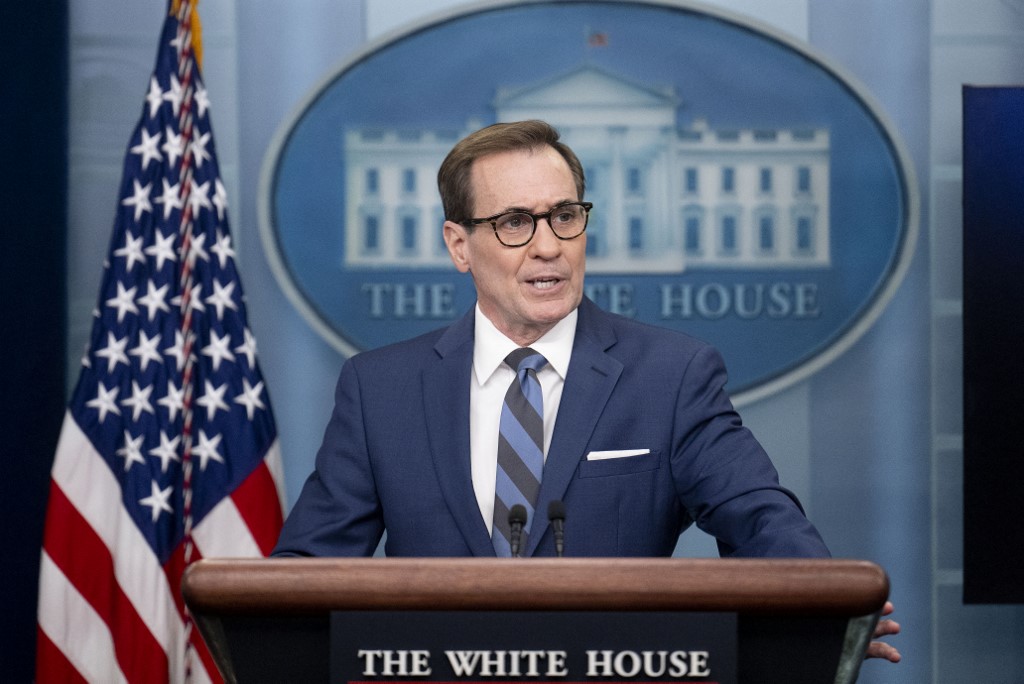A White House official has said the United States still finds Turkey’s deployment of a Russian missile defense system problematic and that the country’s return to the F-35 fighter jet program is not possible without addressing US concerns on the issue.
“There’s no change to our view that the F-35 program for Turkey is incompatible with their use of the S-300 and S-400 missiles. So, we’re still having those discussions. And should Turkey be able to resolve our concerns about that, then there could be a restoration of — of moving into the F-35 program. But — but that’s — that’s where we are. There’s no change in that,” US national security spokesman John Kirby said during a press briefing at the White House.
Kirby’s statement came in response to a question about Turkey’s possible return to the F-35 program in the wake of a recent statement from US Acting Deputy Secretary of State Victoria Nuland, who said her country is ready to welcome Turkey back to the F-35 program if the dispute over Turkey’s purchase of Russian S-400 missile defense system is resolved.
“If we could get through this S-400 issue, which we would like to do, the US would be delighted to welcome Turkiye back into the F-35 family,” US Acting Deputy Secretary of State Victoria Nuland told CNN Türk during a visit to Turkey on Monday.
Turkey joined the F-35 Joint Strike Fighter Program (JSF) in 2007. It was one of the partner countries of the program along with other NATO allies such as the United Kingdom, Australia, Canada, Italy, Norway, Denmark and the Netherlands.
But Turkey was kicked out of the program by Washington in 2019 in protest of the Turkish government’s purchase of the Russian S-400 missile defense system, which Washington said posed a risk to its fifth-generation warplanes and NATO’s broader defense systems.
Despite warnings from the United States and other NATO allies, Turkish President Recep Tayyip Erdoğan brokered a deal worth $2.5 billion with Russian President Vladimir Putin for the S-400 missile system in 2017.
Washington also imposed sanctions in December 2020 on Turkey’s military procurement agency as punishment for its purchase of the S-400 under the Countering America’s Adversaries Through Sanctions Act, or CAATSA, which mandates penalties for transactions deemed harmful to US interests.
In an attempt to modernize its aging air force, Turkey’s focus turned to buying F-16s after it was ousted from the F-35 program.
The US government on January 26 approved a $23 billion deal to sell F-16 fighter jets to Turkey, after Ankara ratified Sweden’s NATO membership.
The sale to Turkey includes 40 Lockheed Martin F-16s and equipment to modernize 79 of its existing F-16 fleet.
The US government also last week approved the sale of 40 F-35 fighter jets to Greece for a price of $8.6 billion.
Greece owns the Russian-made S-300 missile defense system.
The S-300 system was initially purchased by Cyprus in the mid-1990s and was later moved to the Greek island of Crete following objections from Turkey.
In 2013 the Greek armed forces test-fired the S-300 system for the first time since it was procured by Cyprus 14 years earlier.

